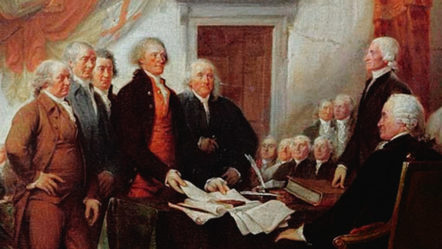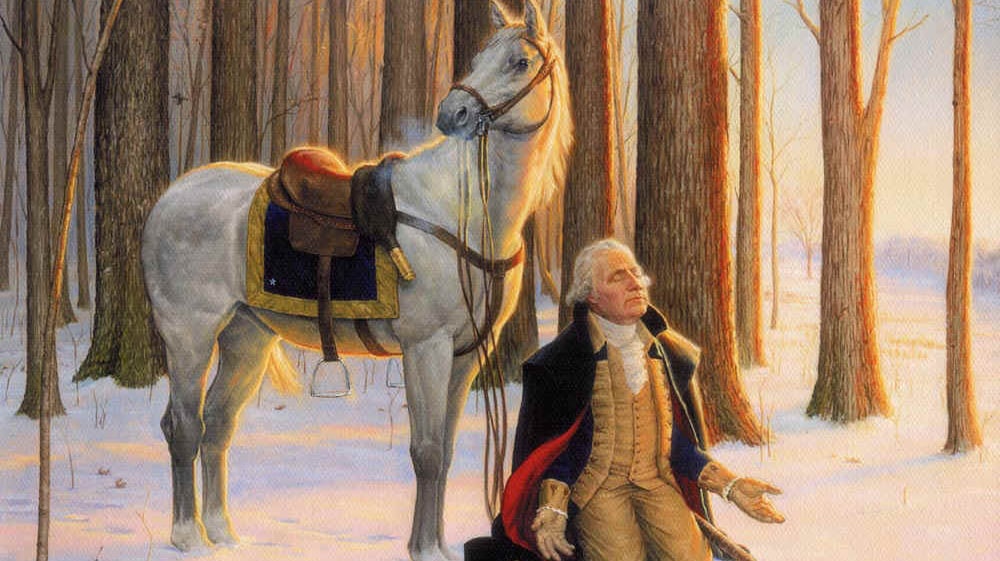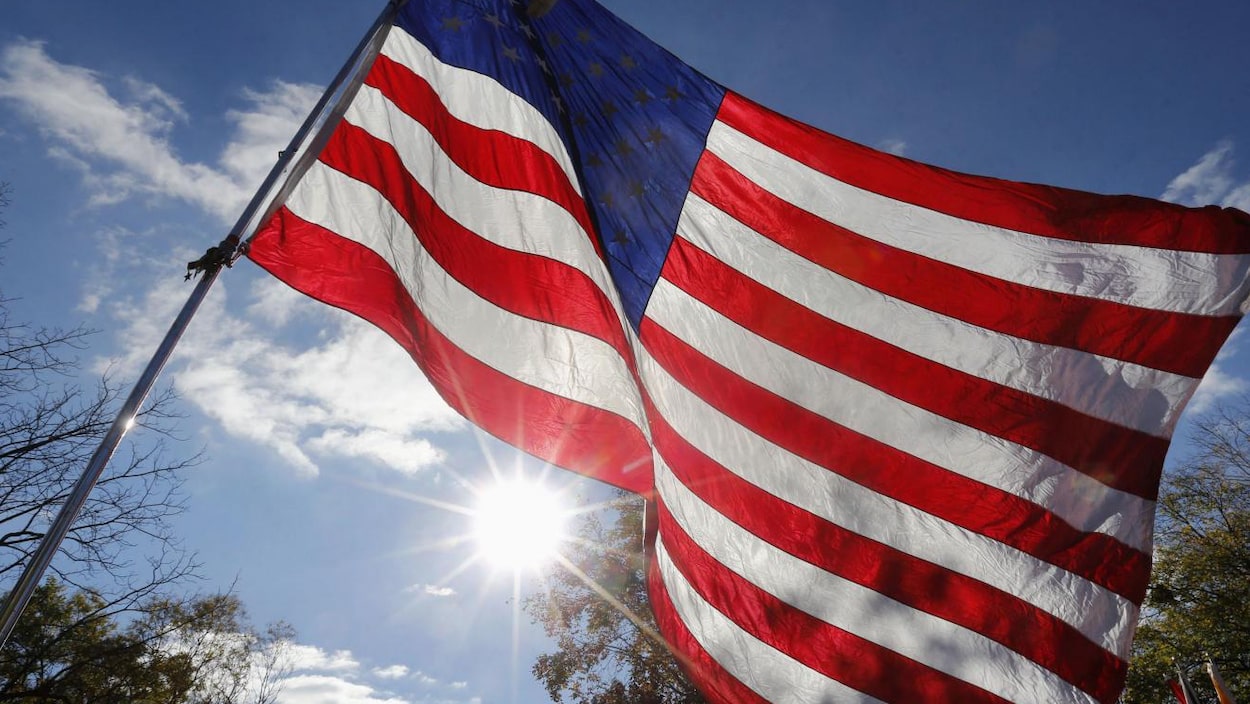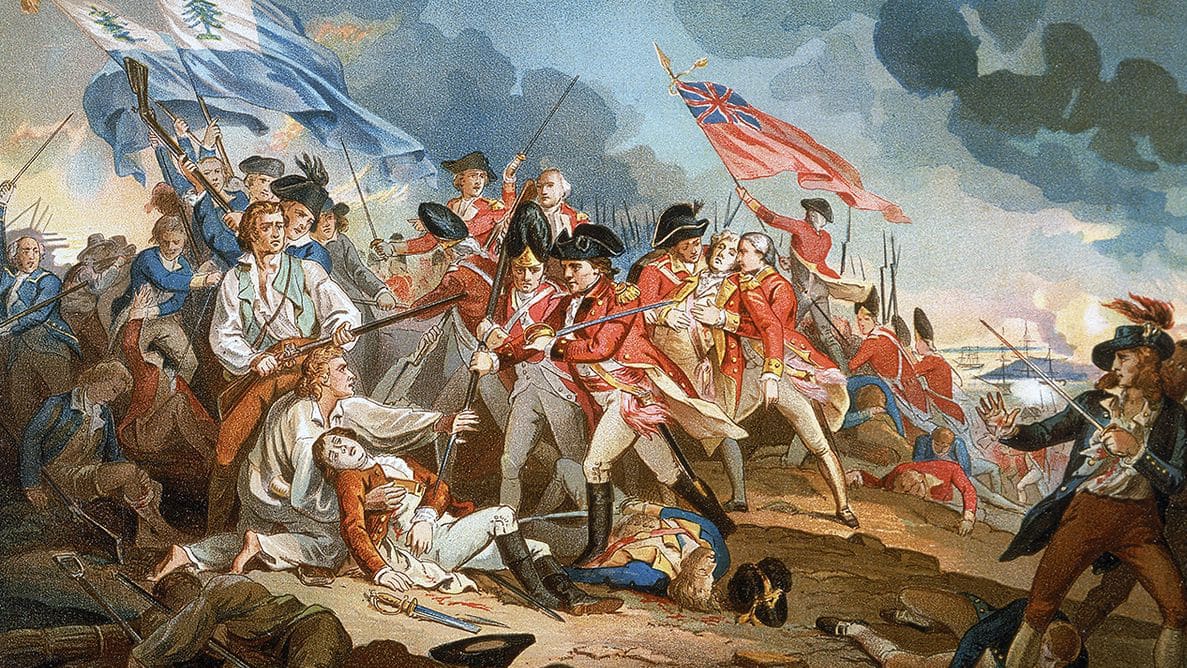Over the course of the past two decades, the founding fathers have come under increased assault. They are viewed by critics and historical revisionists in a myopic light, without recognition of the global tribalism, tyranny and injustice which existed throughout the world in the eighteenth century. Among many Americans today, there exists little appreciation or acknowledgment of the unique, revolutionary and enduring system that has stood the test of time and provides a model to other nations around the world, who wish to establish a framework for representative government. There is no other nation where millions of immigrants cross its borders annually to seek sanctuary from dictatorial and oppressive regimes. The promise of America still exists for those willing to find it.
Condemning America’s founding leadership without regard for the worldwide social norms of the time displays a deliberate ignorance of the harshness in other countries and the complete lack of individual liberty the founders of our nation achieved. In 1776, Britain’s King George III ruled a powerful, oppressive empire. Louis XVI reigned in France. The Holy Roman Empire entered its waning decades. Throughout Europe, there was nothing close to the political renaissance, centered on individual liberty, which was occurring in the American Colonies. The Middle East, Africa and surrounding regions were dominated by tribalism, which still exists today in many areas. Russia, ruled by Catherine the Great, was a monarchy. The Qianlong Emperor ruled China, whose armies were involved in military campaigns against neighboring states. In Japan, the Edo Period in the eighteenth century brought a feudal hierarchy and strict codes. The viewpoint of Milton Friedman is most prescient, “the typical state of mankind is tyranny, servitude and misery.” Much credit is deserved to the founders of the United States for altering the course of history to provide a vessel where life, liberty and the pursuit of happiness exists.
America’s colonial leadership displayed much grit and determination in forging a nation, which exists as a beacon of liberty for the rest of the world. As Commander of the Continental Army, Washington displayed great qualities. He led by example, took risks and was constantly present with his men. Washington’s greatest traits were listening, perseverance and sacrifice. He embraced new ideas and welcomed foreigners to the rebellion: Lafayette, Rochambeau, von Steuben and Kosciuszko. All remarkable individuals who gave their talents and made significant contributions, which allowed the Continental Army to defeat the British Army, the most imposing force on earth. When the revolution ended, Washington voluntarily resigned his commission and returned home as a private citizen. As the first President of the United States, Washington laid the cornerstone for future leaders of the nation.
Benjamin Franklin spent over two decades abroad. The British occupied his home in Philadelphia and removed all its contents, including Franklin’s notes on his experiments and his belongings. He successfully lobbied the French to join the war and effectively helped bankrupt their treasury in the process. Franklin was the only individual to sign the Declaration of Independence, the U.S. Constitution and the Treaty of Paris. An amazing man, he gave us the concept of electricity, invented the lightning rod, the Franklin stove and bifocals. He was the first to chart the Gulf Stream. In 1776, at the age of 70, Franklin was a grandfather figure to the young sons of liberty. He possessed the steady hand of patience essential in guiding negotiations to ensure that the Declaration of Independence was passed unanimously.
John Adams played an instrumental role in the founding of the nation. He and his second cousin, Samuel, both classically educated at Harvard, displayed the passion for liberty and sheer determination to see the nation’s founding and revolution to its successful conclusion. John Adams sacrificed many years away from family, whether travelling by horseback to Philadelphia from Boston in adverse weather, to sailing across the Atlantic to represent the United States in France, Holland and later at the Court of St. James’s.
Samuel Adams and John Hancock were the primary targets of the British at Concord. Their capture would have meant death by hanging for both men. Samuel Adams’ involvement in the rebellion grew over decades and he is regarded as one of the primary flames that fanned the fire of revolution. Adams possessed the passion to ensure that the struggle against the King endured for decades, by opposing the stamp act, tea tax and other levies by the British. Hancock, one of the wealthiest merchants in Boston, risked everything and lost much to support the rebellion.
Thomas Jefferson authored the Declaration of Independence and the Northwest Ordinance of 1787. He served as the first Secretary of State and the third U.S. President. His accomplishments include the Louisiana Purchase and founding the United States Military Academy at West Point. Although he had many lifetime achievements, the word “author” appears first on his headstone. Jefferson and John Adams were described as the north and south poles of the American Revolution. Unique in talents and from different regions, history may have been altered without their contributions.
Alexander Hamilton served as Washington’s aide de camp throughout the revolution and led troops at Yorktown. He played an important role as the nation’s first treasury secretary. These illustrations are only a few examples of the thousands of contributions and sacrifices made by ordinary citizens to establish this great nation.
Many of the founders were well educated, exposed to great writers and thinkers from the age of ancient Greece to modern times. The ideas of rational thought, order, liberty and natural law were learned concepts taught by scholars. The Declaration of Independence and the Constitution are testaments to the brilliance of their authors, whose work brought forth a new nation, which still endures.
Events that have transpired over the past two centuries in the United States has brought improvement made possible by great sacrifice. The Civil War ended the fighting between the Union and Confederate forces but did not end discrimination and opposition to true justice for all, which the Civil Rights Act of 1965 attempted to obtain, 100 years later. The United States served as the leading allied nation in the Second World War, which saved Western Civilization from ruthless oppression by Nazi Germany and the Empire of Japan. Our nation grew stronger as a result with millions of veterans returning to civilian life. We led the defense of liberty in the Cold War, from a framework that the founding fathers established. A cooperative endeavor between three branches of government, with representatives from 50 states varied in culture, united in purpose.
There were no other political systems devised in 1776 and 1787 that rival what our nation’s leaders did long ago. The Declaration of Independence and the Constitution are two documents which have few rivals and have stood the test of time. These are works of profound and unique thought. Other nations and leaders could have changed their own governments but did not. Our system of government provided the foundation for a nation, where many succeed, regardless of their ethnicity, social status or religious beliefs.
The ways of the old world still exist. Russia’s invasion of Ukraine is proof of that. In Southwest Asia, tribalism dominates regional affairs. Look no further than Afghanistan. The Soviet Union attempted a Stalinist approach of occupation, which failed after one decade. The United States attempted the democratic model, which failed after two decades. Absolute tyranny and oppression exist in North Korea, China, Venezuela, Iran and Russia. Religious liberty in many nations is non-existent, with persecution rampant around the world. In those nations, a bill of rights or constitutional amendments do not exist. In fact, a constitution does not exist at all.
America was never designed to be a perfect solution to humanity’s problems; it is an imperfect construct, which lends itself to acceptance of new ideas and a changing culture. Constitutional amendments are proof of that evolution. Winston Churchill’s comment regarding our system is most fitting, “Democracy is the worst form of government, except for all the other forms that have been tried.” As the ever-broadening criticism of our nation’s framers intensifies, it would be best for those detractors to view the world as it was in 1776 and comprehend the actions of existing governments and customs of societies at that time. Then, gain a true appreciation of the innovative framework designed to prevent tyranny that our founders brought into being. The world is truly a better place with the United States as a member of the community of nations. Given the success over the past 247 years, our remarkable founding fathers deserve much credit.








